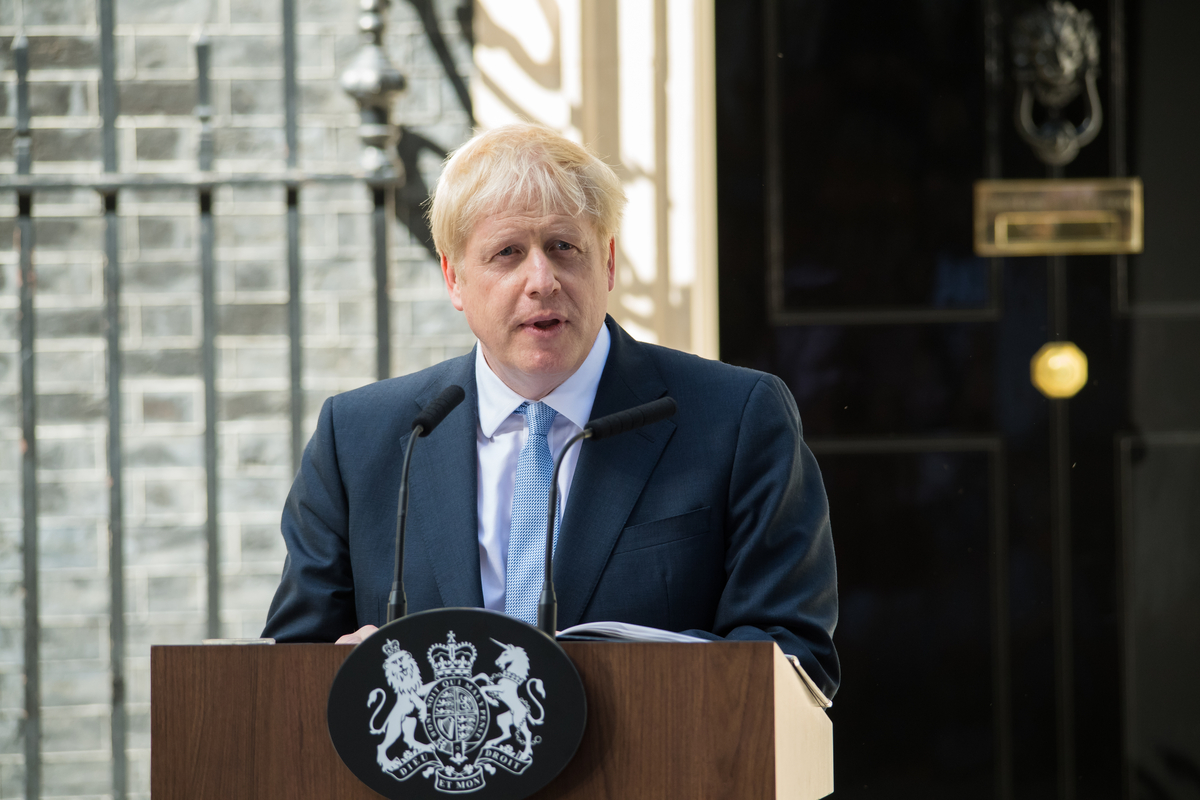Dear visitor,
You're reading 1 of your 3 free news articles this quarter
Register with us for free to get unlimited news, dedicated newsletters, and access to 5 exclusive Premium articles designed to help you stay in the know.
Join the UK's leading credit and lending community in less than 60 seconds.
Prime minister reported to announce windfall tax “within days”
Boris Johnson is expected to announce a multibillion-pound package to help households with the cost of living within days.

Senior Journalist, covering the Credit Strategy and Turnaround, Restructuring & Insolvency News brands.
According to The Times, this will be funded partly by a windfall tax on oil and gas companies. The outlet has been told that 70% to 80% of this will be targeted at the poorest households.
Among the policies expected to be introduced include the warm homes discount and winter fuel allowance, with council tax bills also potentially cut as well as a possible VAT cut on energy and fuel.
The package is expected to cost about £10bn and will likely come into effect in the autumn.
Yesterday (24 May), business secretary Kwasi Kwarteng said a windfall tax on energy companies was not necessarily the right way to fund help for consumers struggling with the rising cost of living.
When asked if he supported a windfall tax, he told a parliamentary committee: “I have been very clear about a windfall tax: I don’t think it supports investment, I don’t think it’s necessarily the right thing”. He did, however, go on to add that any decision would be for chancellor Rishi Sunak to make.
That same day Ofgem chief executive Jonathan Brearley sent a letter to the chancellor and the business secretary, saying the price cap is likely to increase from its current level of £1,971 to approximately £2,800 in October 2022.
The move by the regulator was designed to “provide greater certainty about likely future energy costs” and help the government provide the support that might be needed.
Earlier that day in a Business, Energy and Industrial Strategy select committee hearing, former Ofgem chief executive Dermot Nolan said “if we had moved faster” the regulator could have stymied some of the sector’s difficulties.
He said the “body politic” hoped Ofgem would prioritise competition over regulatory supervision, due to the big six firms’ massive market share of 98% to 99%. He went on to explain that the “permissive regime” encouraged new firms to enter the market “encouraged by government but also [was part of] a conscious decision of the Ofgem board.”
Stay up-to-date with the latest articles from the Credit Strategy team
Get the latest industry news






